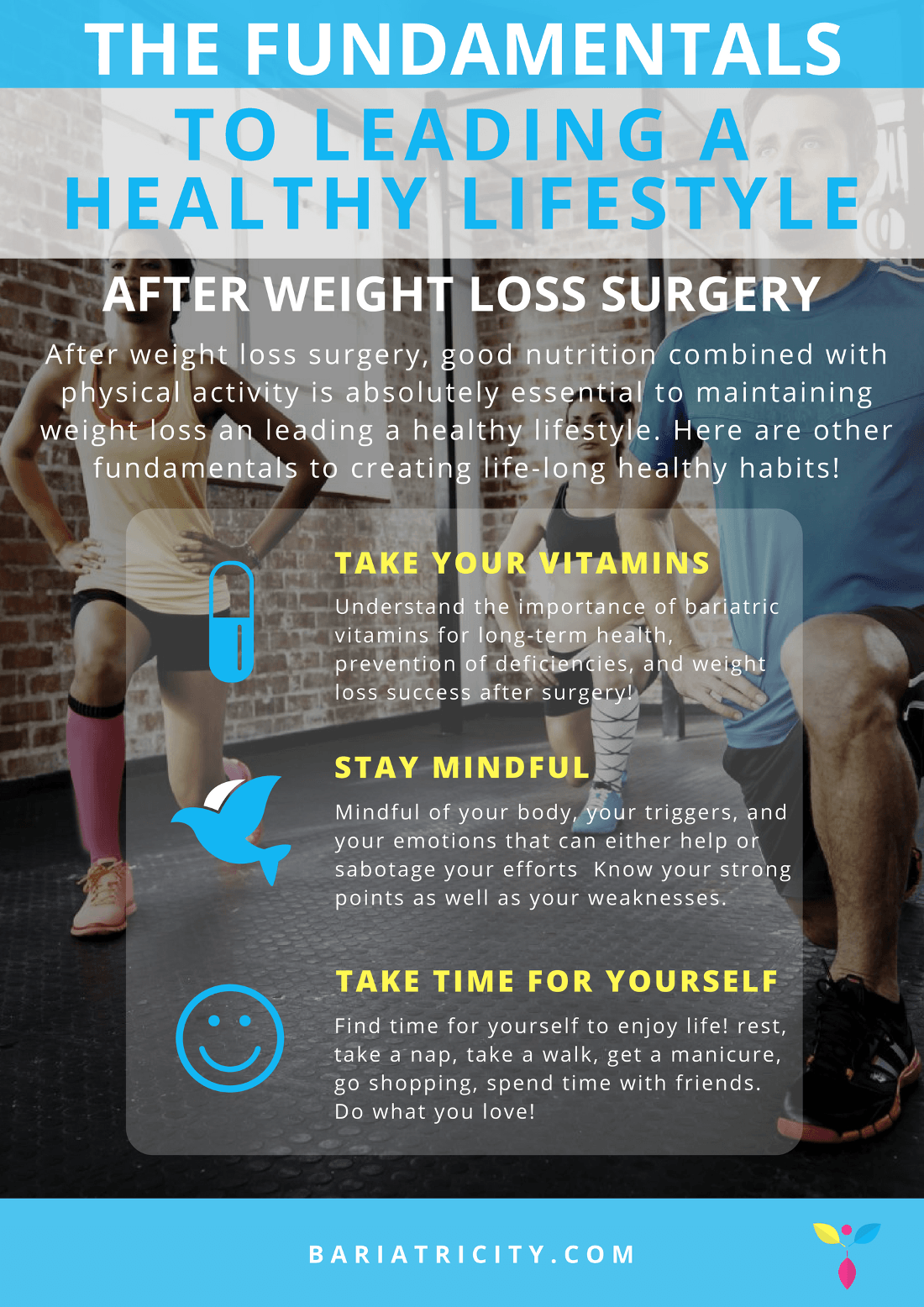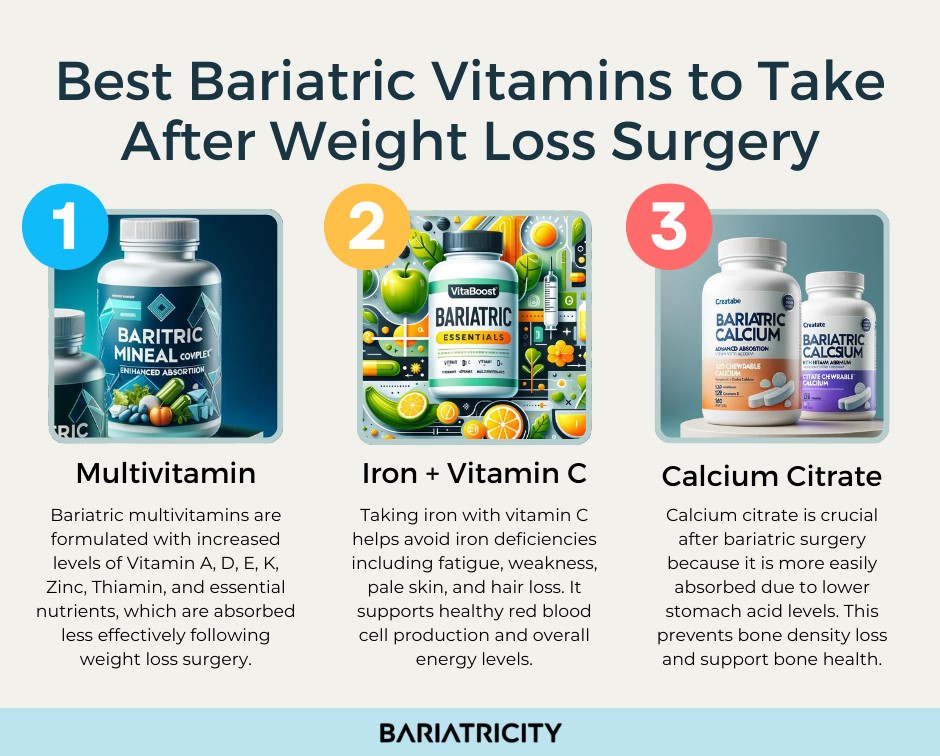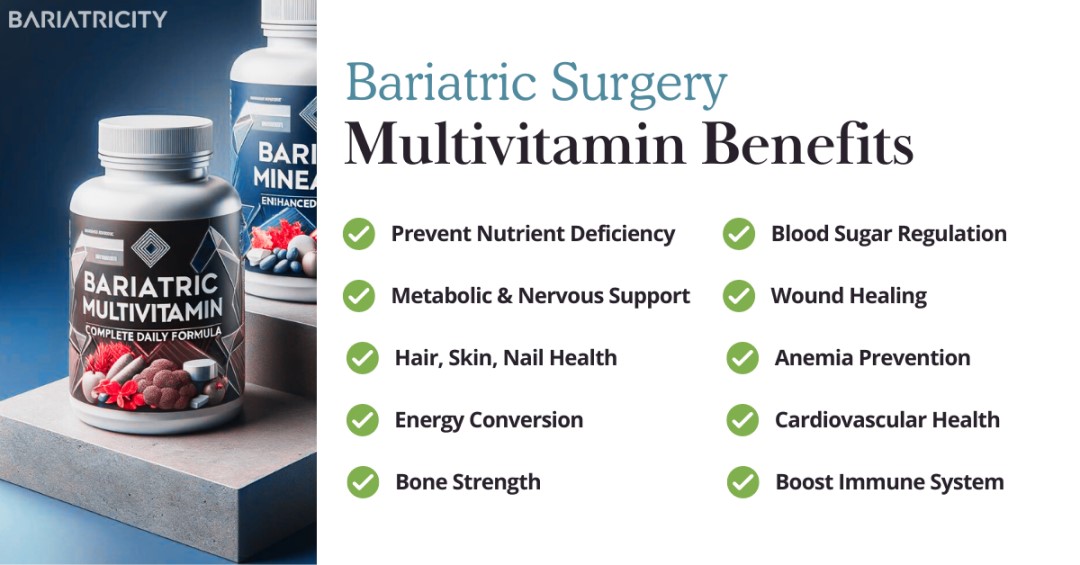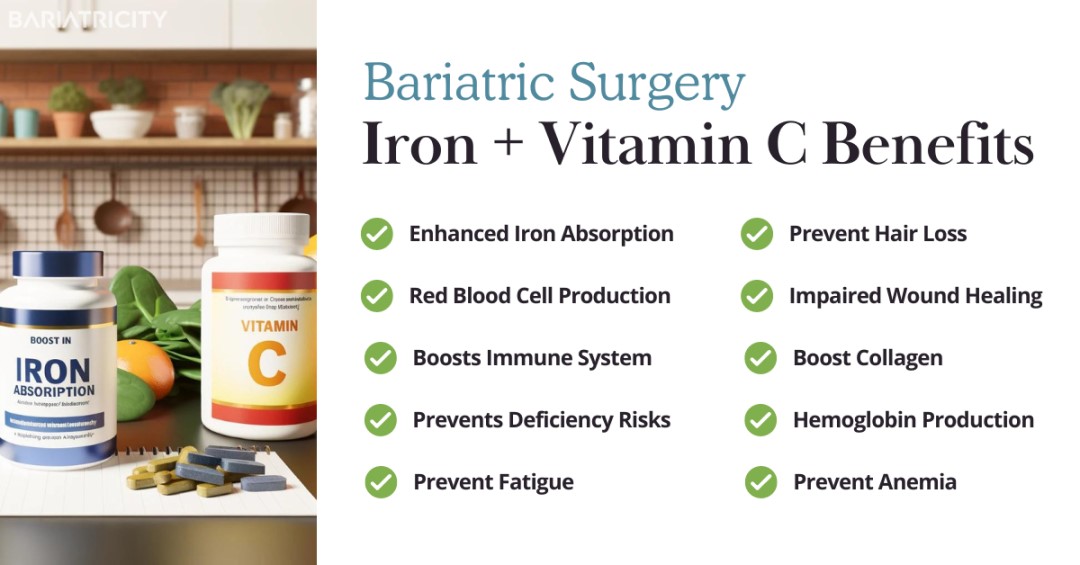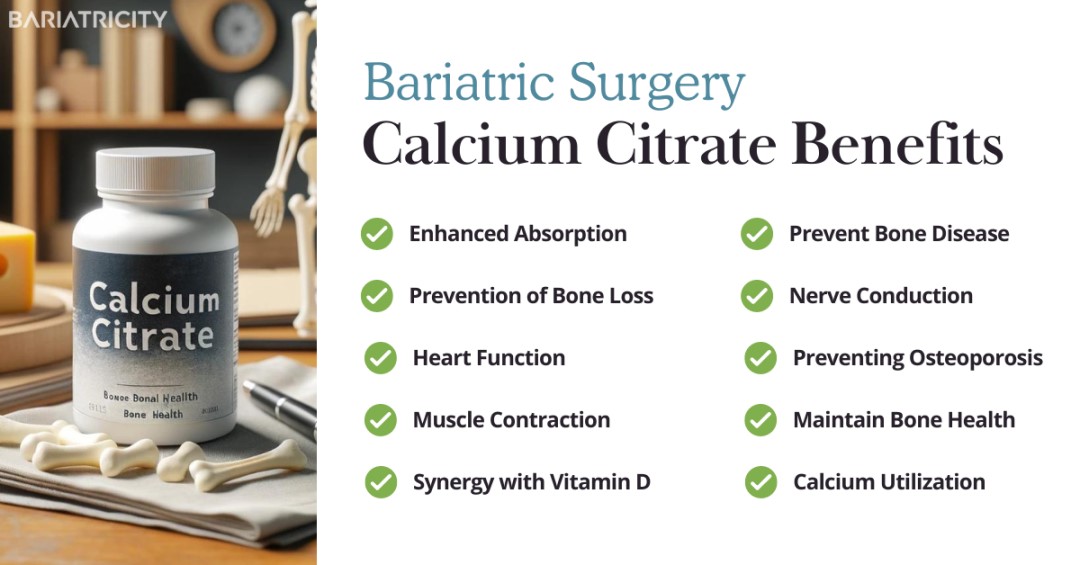High dosage bariatric surgery vitamins provide essential nutrients after anatomy altering procedures like gastric sleeve, gastric bypass, or duodenal switch. Bariatric vitamins are designed specifically for your needs after surgery to prevent nutrient deficiencies.
Are Bariatric Vitamins Necessary?
Yes. Bariatric vitamins are highly recommended after weight loss surgery due to the change in food intake, nutrient absorption, and digestive alteration. Without reaching daily nutritional goals, it is common to see negative side effects like lack of energy, hair loss, brittle nails, lack of appetite, weakness, and fatigue, among many other severe symptoms.
Benefits of Bariatric Vitamins
A bariatric-grade vitamin supplement is essential for those unable to consume adequate nutrients through diet alone. These tailored bariatric surgery vitamins are formulated to;
- Deliver nutrients efficiently in smaller stomachs (most traditional bariatric surgeries including gastric sleeve, bypass, etc.).
- Absorb more effectively in shortened intestinal tracts (roux-en-y gastric bypass, mini bypass, or duodenal switch).
- Digest faster with reduced gut bile and stomach acid.
- Bariatric-friendly salts to reduce stomach pain or irritation.
- Higher dosages of vital nutrients.
- Prevent malnutrition and severe mineral deficiency.
What are the Recommended Vitamins to Take After Bariatric Surgery?
Bariatric vitamins we recommend fulfill all the ASMBS (American Society for Metabolic and Bariatric Surgery) Guidelines. There are 3 different types of bariatric vitamins that aid in reaching your nutrient goals.
- Multivitamin
- Iron + Vitamin C
- Calcium Citrate
We will unpack each vitamin and discuss why you should take it, recommended dosage, and best vitamin products for you.
Bariatric Multivitamins
We suggest these bariatric vitamins for post-op patients. The multivitamins offer a higher concentration of Vitamin A, D, E, K, Zinc, Thiamin, and other crucial elements that are not absorbed as efficiently after bariatric surgery.
Due to restriction, you do not get as many nutrients through the post-op diet alone, making it critical to have excess supplementation in order to prevent deficiencies.
Bariatric Iron + Vitamin C
Iron supplementation is an essential part of post-op nutrition. Lack of iron can cause fatigue, weakness, pale skin, and hair loss. This is especially common in gastric sleeve, gastric bypass, and duodenal switch patients.
Hair loss typically only lasts up to one year, as the body becomes more adapt to the new stomach and intakes more nutrition.
It is especially important for menstruating women and patients who have a history with anemia. Getting regular blood tests for iron and other essential nutrients is recommended following weight loss surgery.
Bariatric Calcium Citrate
Most bariatric patients do not absorb Calcium Carbonate as well as Calcium Citrate – making supplements that follow proper guidelines critical following surgery.
The ASMBS guidelines regulate calcium at 1500 mg to 2000 mg per day. Calcium helps to improve bone health and formation, increase blood flow, and improve hair growth.
How long should I take bariatric vitamins?
Bariatric vitamins are critical within the first 2 to 3 months after procedures like gastric sleeve, gastric bypass, and duodenal switch. This is because the biggest changes come postoperatively and the body will be on a strict post-op diet.
As your body begins to eat more solid, whole foods it does help improve eating more nutrients. However, staying on vitamins for the rest of your life is ideal, especially for surgeries like mini gastric bypass, roux-en-y gastric bypass, duodenal switch (BPD/DS), and any other intestinal-rerouting bariatric procedure.
